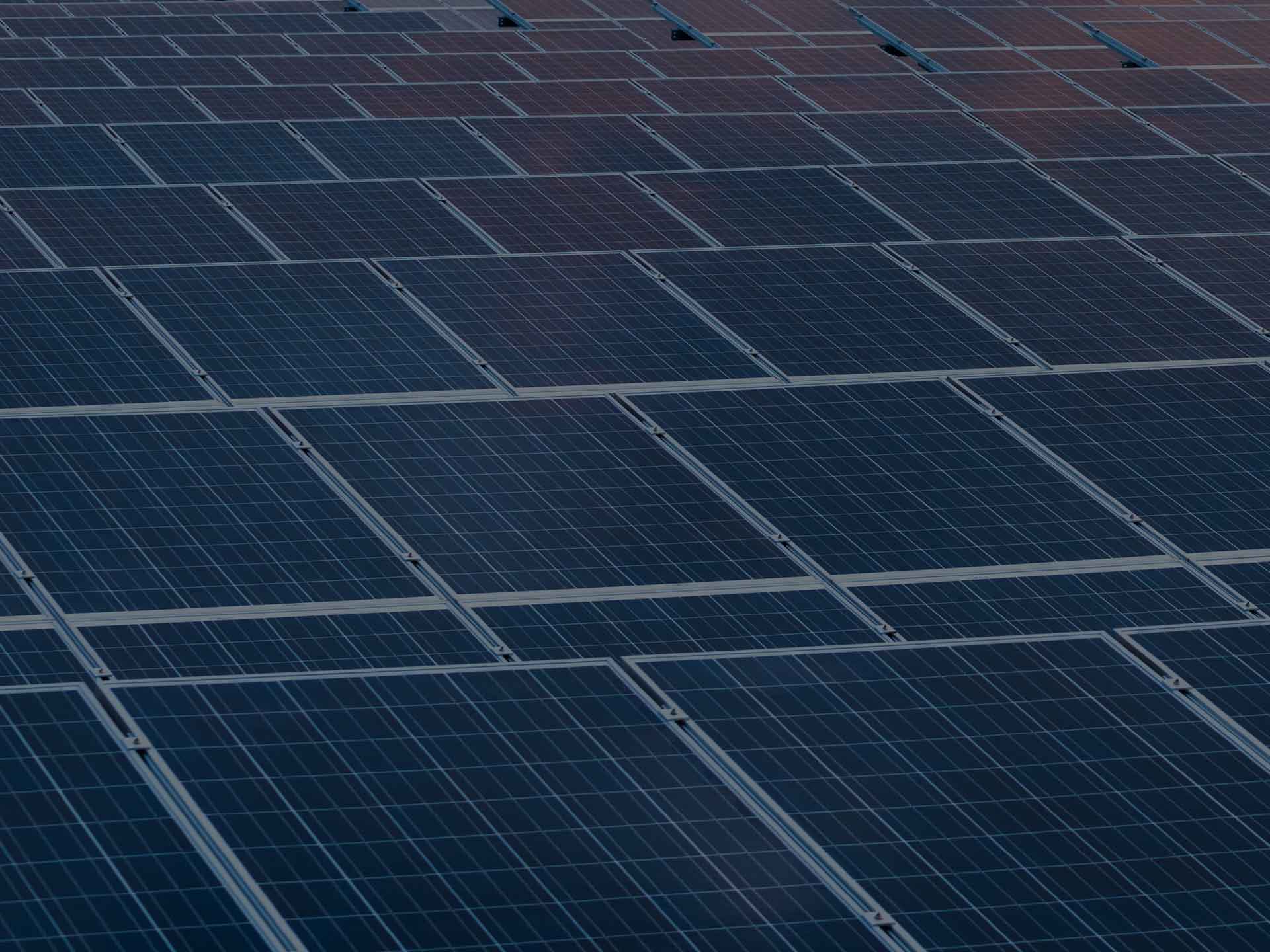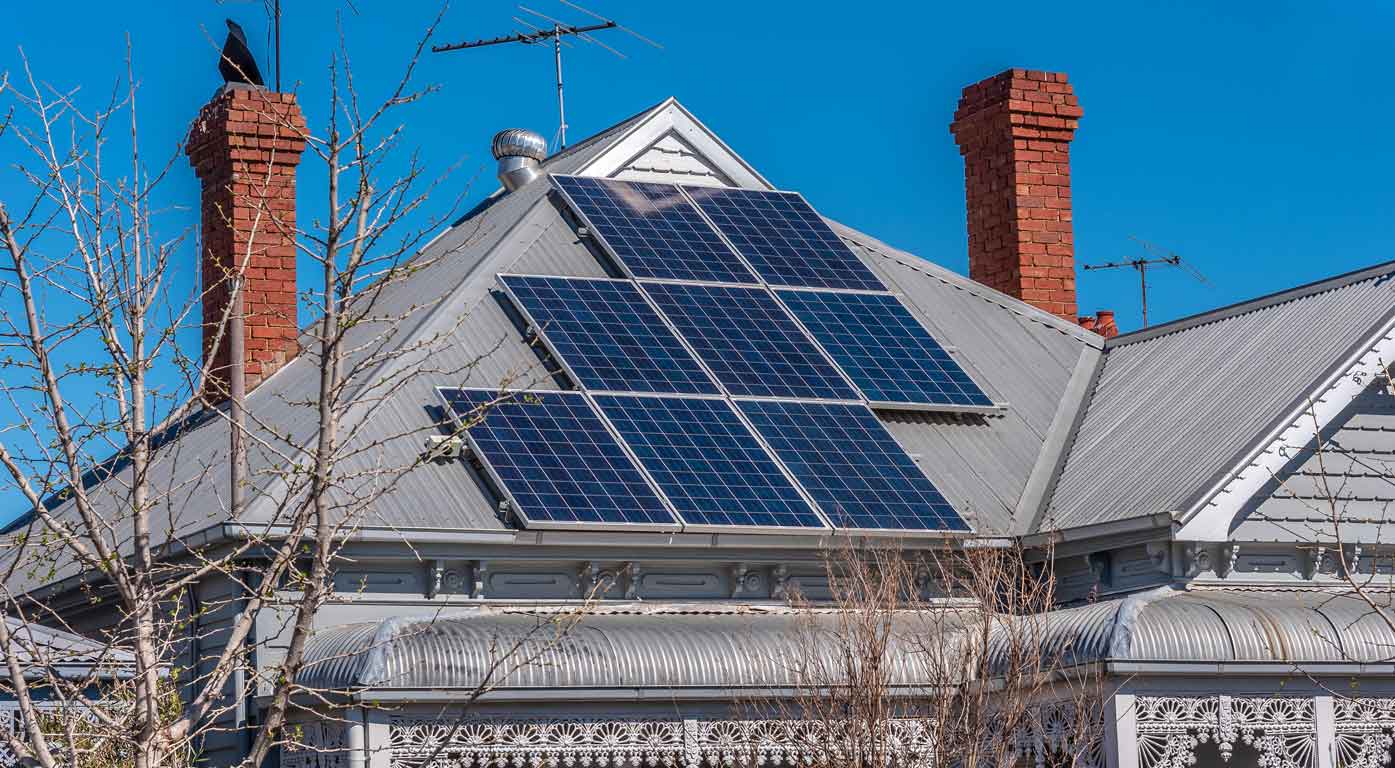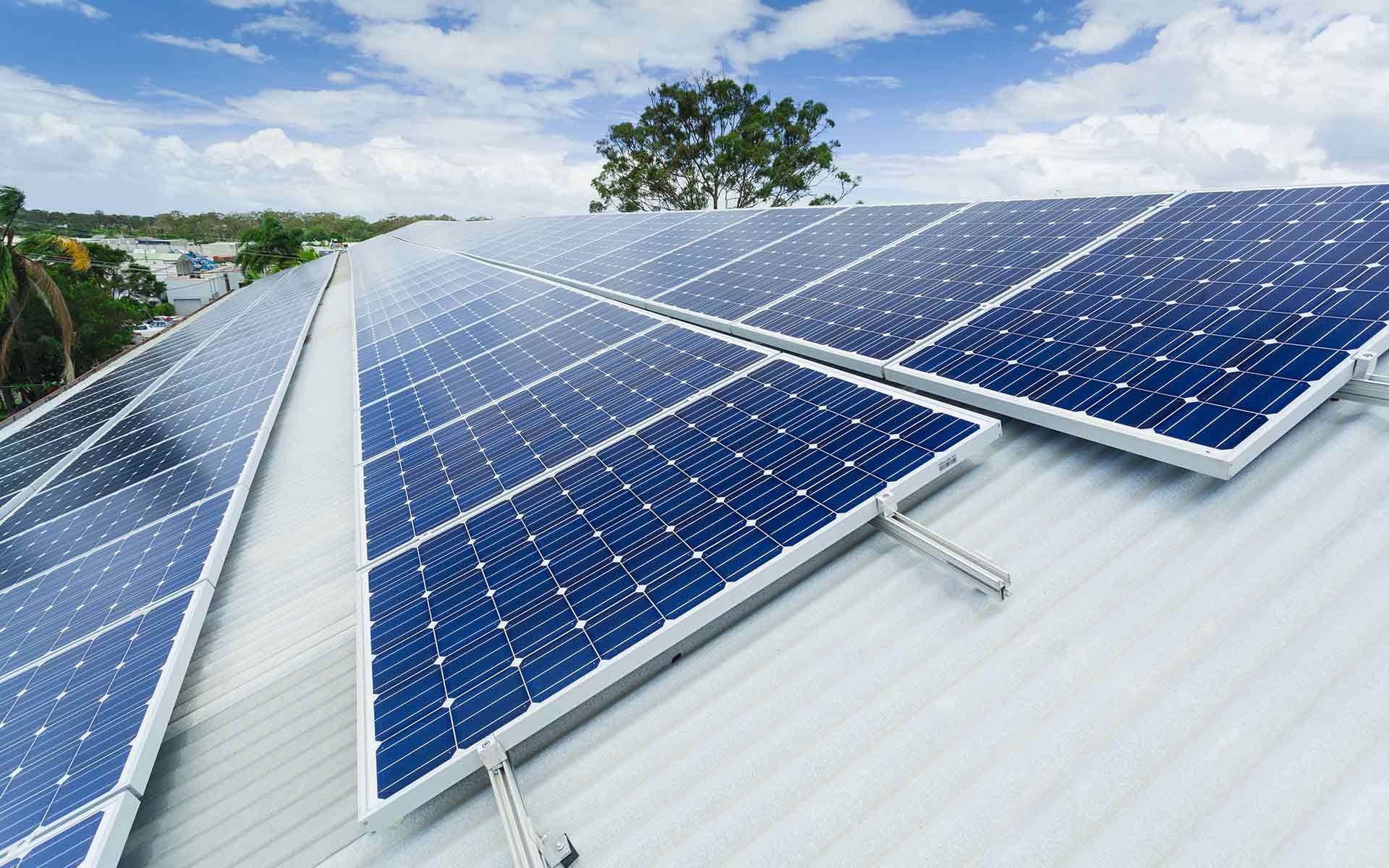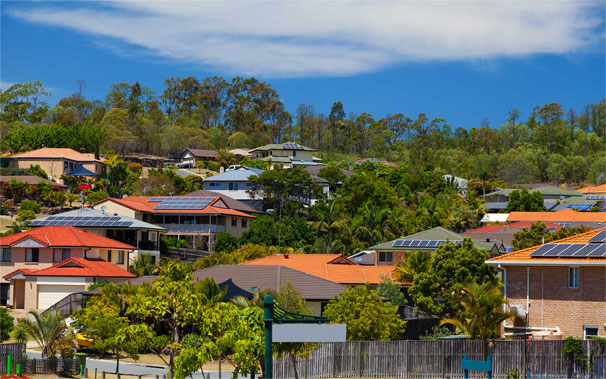Summary
The Simply Energy Virtual Power Plant (VPP) project will deliver up to 1200 Tesla Powerwall 2 batteries to Adelaide households.
This represents 6 MW of residential energy storage, while a further 2 MW of demand response capacity will be deployed across 10 commercial businesses.
Key results
The project has achieved all its outcomes resulting in a range of key findings, as follows:
1. There is value in alternative revenue pools such as FCAS that can be used to create a compelling, unsubsidised, commercial offer that attracts and retains customers. However, for the market to gain traction further work needs to be done on:
· Streamlining the AEMO processes around VPP registration, and fleet updates for FCAS market participation.
· Rethinking the requirements for testing and verification for augmentation of NMIs. Does it need to be as rigorous and robust as the process for the initial registration of the fleet if it is expanding using the same technology?
· Managing the customer experience and expectations around subsidies, rebates, and general benefits.
· Stimulating more competition in the market, particularly for batteries that are accredited to provide FCAS services.
2. Managing the transition of existing customers who were receiving subsidies during the project trial can be challenging. Automating the process of registration and deregistration would solve many process problems.
3. Linking the program to a community reinforces solidarity amongst participants, reduces customer churn and improves overall engagement and enthusiasm for the program.
4. Simply Energy also recommends a new flat fee-based model whereby an annual fee is paid to AEMO that allows for a reasonable amount of updates to occur without AEMO incurring a substantial overhead. The fee should not deter smaller retailers from engaging in the process.
Learn more
How the project works
The Simply Energy Virtual Power Plant (VPP) project will employ a centrally managed network of energy storage systems installed behind the meter that can be collectively controlled to deliver benefits to households and the local community.
Customers can expect better value from their renewable energy solution and the local network will have more distributed energy resources from which to draw from, which in turn improves reliability, particularly at times of peak demand and system instability.
Area of innovation
The project will develop the GreenSync decentralised energy exchange or “deX” platform to a commercial scale. The innovative deX platform will provide an energy marketplace that changes the way electricity is produced, used, stored and traded.
Benefit
Individual customers will benefit from reduced power costs as they are able to increase the amount of rooftop solar power they consume by storing the solar-generated energy and using it later when they would otherwise be consuming power from the grid. The energy storage systems are also able to provide backup power in the event of an outage.
While it is hard to be specific as everyone’s electricity consumption patterns are different, under this offer, an average customer with a 5kW solar PV system can expect to save about 40% per cent on the cost of a Tesla Powerwall 2 battery and about 20 per cent off their electricity bills.








